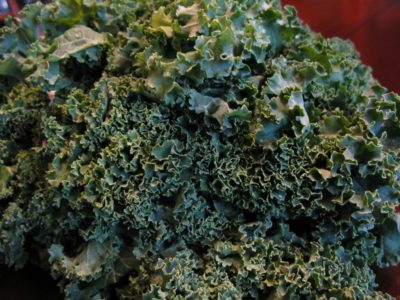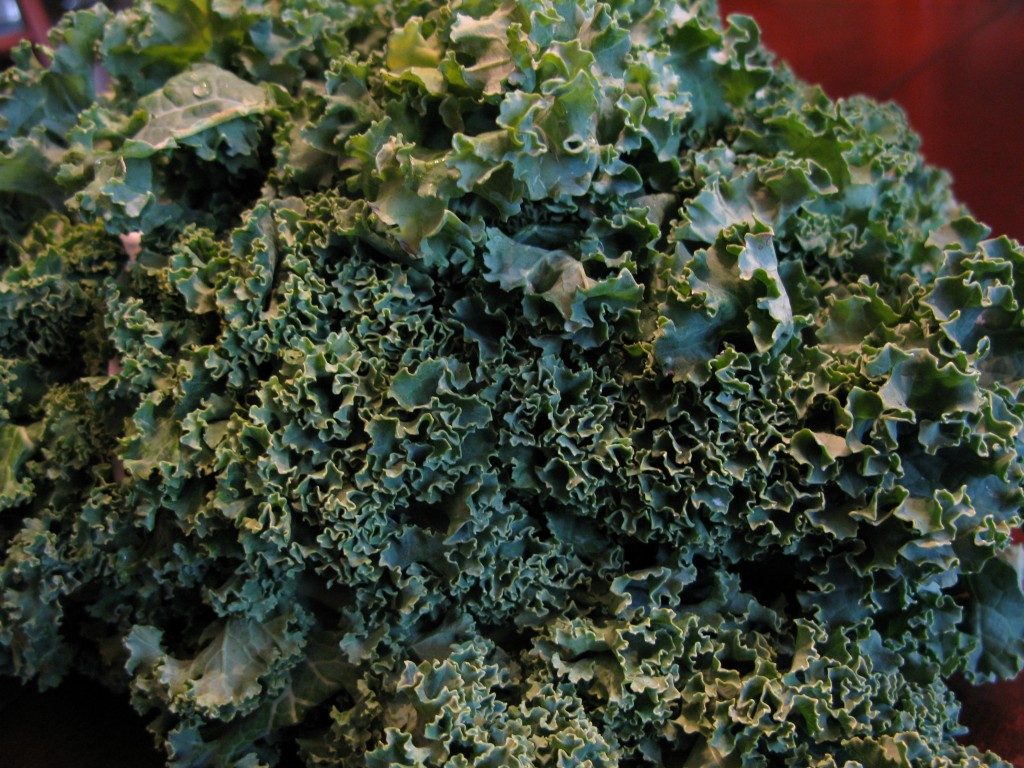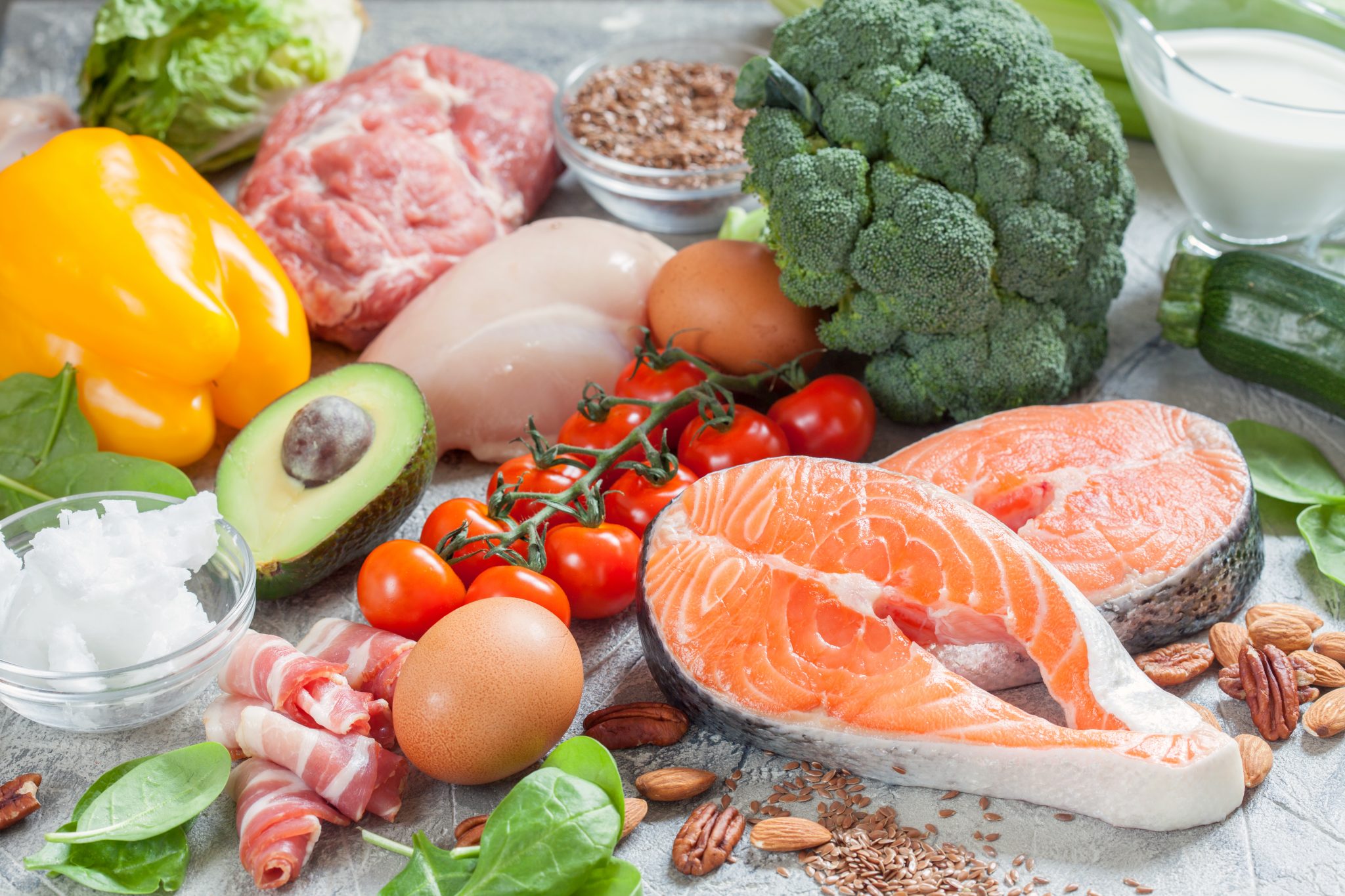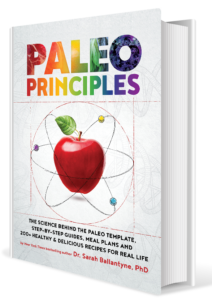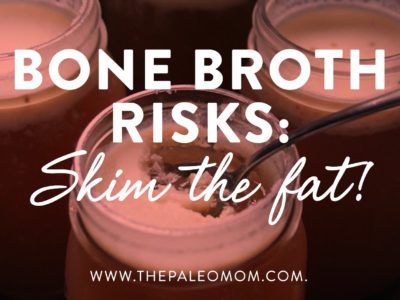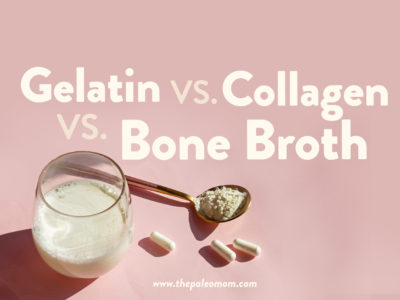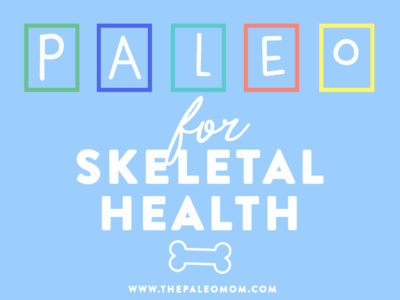Kale is definitely a superfood. And as far as superfoods go, it’s fairly cheap and easily found. I find myself eating it more and more, raw tossed in a salad, chopped and added to soups and stews, braised by itself or in a mix with other veggies, and as kale chips! And it’s one of the best surprises of committing to Paleolithic nutrition and experimenting with new foods: I love kale!
Why is kale so good for you? Kale is in a family of vegetables called cruciferous or brassica vegetables, of which cabbage and broccoli are also members. All cruciferous vegetables contain sulforaphane (particularly when eaten raw), a chemical with potent anti-cancer properties. When cooked, kale is a rich source of indole, another potent anti-cancer chemical. Kale is a rich source of carotenoids, including being one of the best sources of beta-carotene, a powerful anti-oxidant known to lower your risk of heart disease and cancer. Among the other carotenoids in Kale are lutein and zeaxathin. Kale is also a good source many members of the Vitamin B family (including folic acid, vitamin B6, niacin, thiamin, and pantothenic acid), and is a great source of vitamin C and vitamin K.
Kale is a great source of calcium. There is actually research showing that the calcium in kale is more easily absorbed and used by your body than the calcium in dairy products! Kale is also a great source of other essential minerals, including: manganese,potassium, sulfur, copper, sodium, iron, and phosphorus.
Kale is a good source of flavonoids, including kaempferol and quercetin (to name just 2 out of 45!), which have both anti-oxidant and anti-inflammatory properties and are known to decrease your risk of cancer. Kale contains isothiocyanates (made from the glucosinolates found in kale), which are considered very useful for your body’s ability to detoxify. The sulfur content of kale is also useful in this regard.
Kale is one of the most nutrient dense foods available to us. It’s also high in fiber and very low in carbohydrates. It’s even a decent source of omega-3 fatty acids. If it isn’t part of your diet now, I highly encourage you to try some recipes with it. Like me, you might be surprised to find out that you love it!

